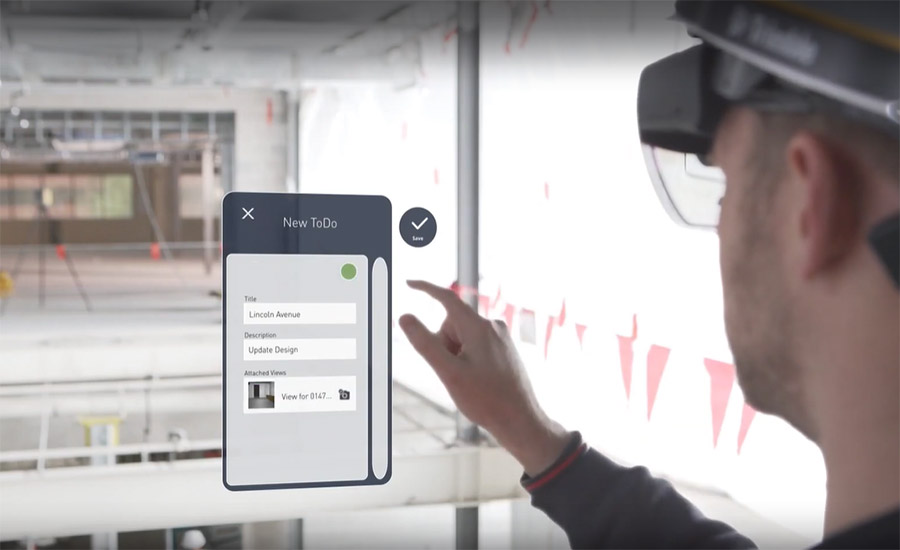Community, Leadership, Experimentation, Diversity, & Education
Pittsburgh Arts, Regional Theatre, New Work, Producing, Copyright, Labor Unions,
New Products, Coping Skills, J-O-Bs...
Theatre industry news, University & School of Drama Announcements, plus occasional course support for
Carnegie Mellon School of Drama Faculty, Staff, Students, and Alumni.
CMU School of Drama
Monday, September 12, 2022
How Automation is Transforming Construction
Engineering News-Record: Construction firms are prioritizing technology to address labor challenges, waste, and sustainability. Forward-thinking firms that want to maximize their digital investment are turning to automation to quantitatively improve the way their teams work. For many, automation is associated with self-sufficient robots and autonomous vehicles. But that’s an incomplete picture of what can be achieved with automation.
Subscribe to:
Post Comments (Atom)

2 comments:
This article makes some interesting points about automation in the workplace. We definitely have this idea that robots are going to replace manual labor jobs which can only go so far. This article talked about some practical applications of automation. The one that jumps out as useful is budgeting. Unfortunately this is probably not practical for regional theater because I’m guessing that not only does the software cost a significant amount of money, but it’s also probably geared towards construction which uses very standardized materials and it can automatically import updated prices. The fast and more efficient inspection seems a little odd to me only because in order to set up all that information I imagine that there’s a significant amount of leg work. The question is does that office work minimize the amount of wasted time on site by so much that it’s worthwhile to invest. Unfortunately I’m not sure we’ll be able to adopt any of these practices.
This article goes hand in hand with the one about the site layout printing robot that I commented about earlier. There are definitely countless ways in which automation can improve timelines, accuracy, and efficiency in the construction industry, but at what point are we just removing jobs from the workforce? For something like surveying, with the robot in the other article, I think that is a perfect use case – fast and efficient surveying. Heavy equipment operating by robotic and automated control? Sure it will probably be more accurate and precise, but will it necessarily be faster? Heavy machinery operators, especially seasoned ones, can work remarkable quickly, and the human touch in their operation of the machinery potentially allows them to work a bit more quickly than a programmed robot. Not to mention the likely very high price tag of any and all of these softwares and hardwares that would go into automating these things. I definitely think that there are several good use cases for automation. I just don’t believe that everything needs to be automated.
Post a Comment